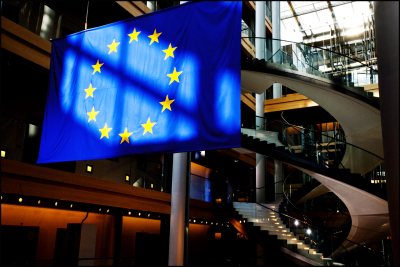Lobbying of the European Union (EU) needs to become more transparent and open to public scrutiny. EU policy-makers should therefore collect and disclose comprehensive information on who influences whom in the European Union EU decision-making process to ensure a level playing field for all interest representatives and thus balanced legislative outcomes. It will help to ensure that legislation has the public interest at its heart and that the risks of corruption, conflicts of interest and regulatory capture are reduced. The aim of such disclosure is to document lobbyists’ influence on policies and legislation. Whether annexed to legislative reports or published in ‘real time’ on official websites, such initiatives serve to inform the public which interests have shaped draft and final legislation.
Despite increasing calls for the introduction of ´legislative footprints` to better track and monitor the real level of influence of lobbyists on the decisions that are taken by the democratically elected representatives and administrations, its use is still new to the European institutions. Regulatory efforts and emerging good practice can be found in the European Commission and the European Parliament. All these initiatives fail however to provide comprehensive data that would inform EU citizens on who sought to influence which legislative act, how and with which human and financial resources and through which channels.




